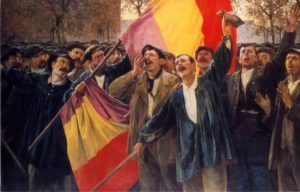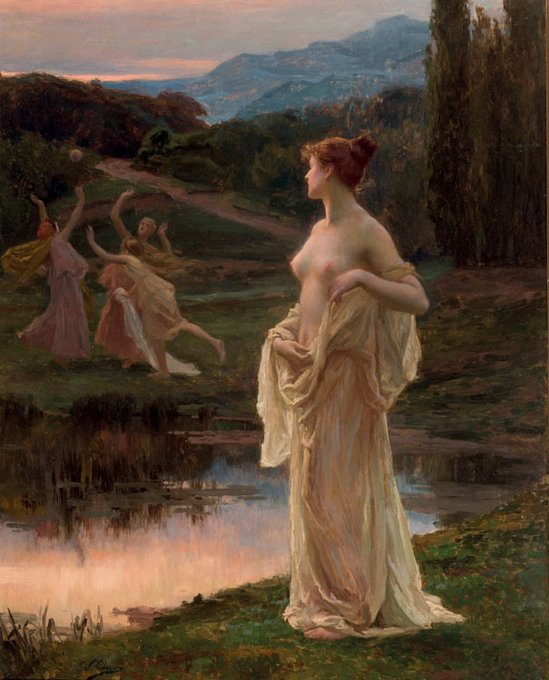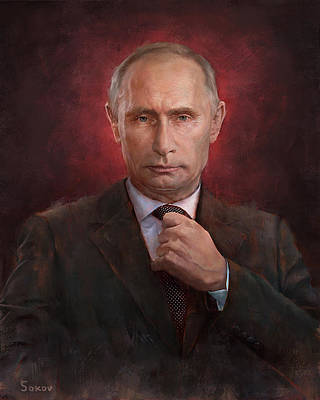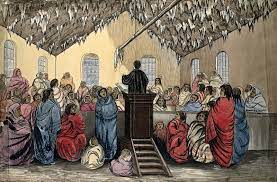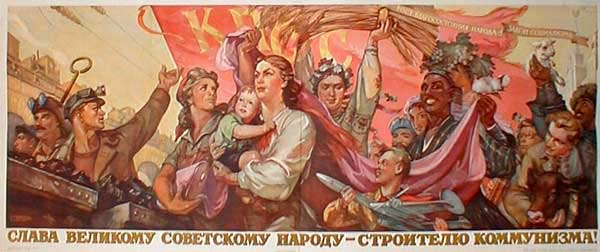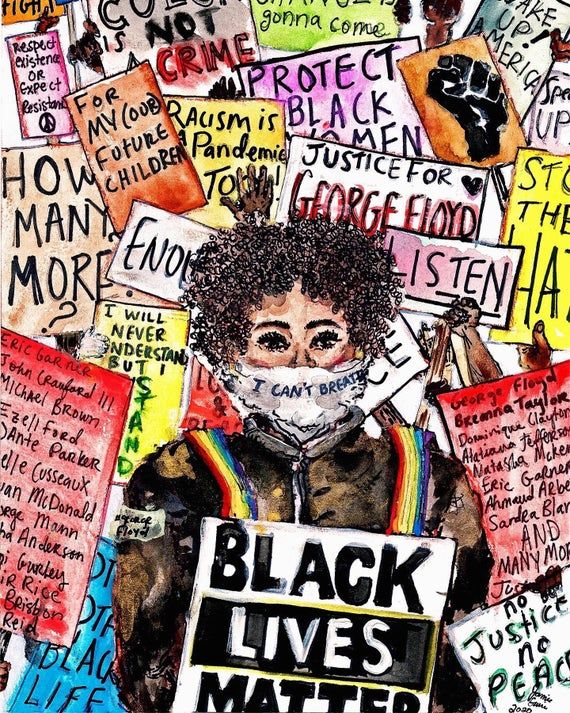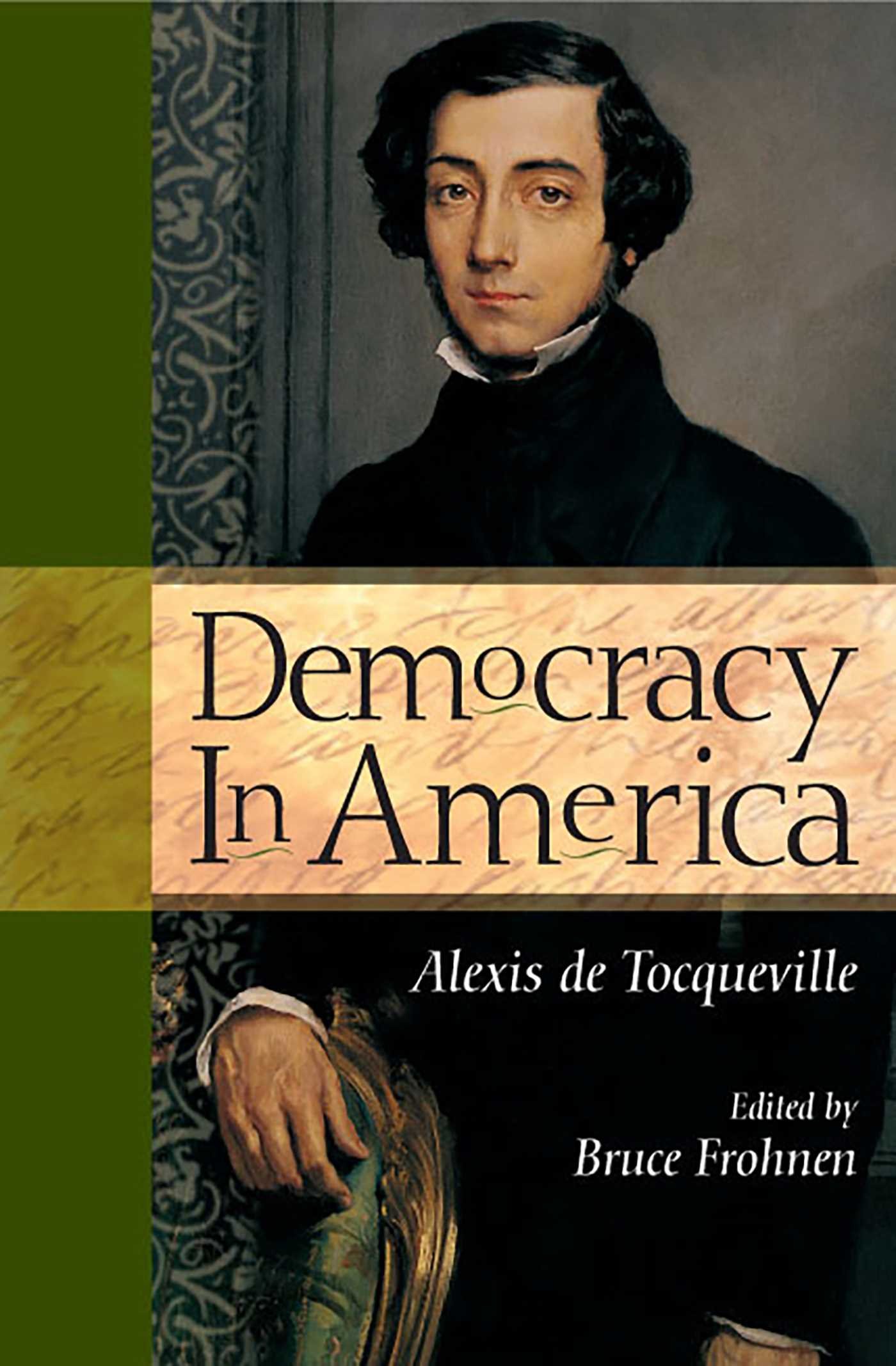Or:
How the Woke monster originated
One might think that the egalitarian follies of our time are a modern phenomenon. But militant, even very violent egalitarianism has ancient Christian roots.
The term Hussites or Hussite Church refers to a reform and revolutionary movement that arose in Bohemia in the 15th century. The name comes from the Bohemian theologian Jan Hus, who had been burnt in the stake. The movement later joined the Reformation.
A town was founded in 1420 by a group of the most radical wing of the Hussites, who gave it the biblical name of ‘Tabor’: the mountain where, according to the gospels, the transfiguration of Jesus took place. The members of this radical wing soon became known as Taborites and the word Tabor has come to mean in Czech ‘camp’.
The radical Hussites established a communal society in Tabor in which private property didn’t exist and any religious hierarchy was rejected. The egalitarian experiment lasted only one year, for in 1421 a moderate Hussite faction overran the Taborite fiefdom.
The town was rebuilt in the 16th century. In the chapter ‘Apocalypse, 1420: Tabor’ Tom Holland says:
The most popular preachers were those who condemned the wealth of monasteries adorned with gold and sumptuous tapestries, and demanded a return to the stern simplicity of the early days of the Church. The Christian people, they warned, had taken a desperately wrong turn. The reforms of Gregory VII, far from serving to redeem the Church, had set it instead upon a path to corruption. The papacy, seduced by the temptations of earthly glory, had forgotten that the Gospels spoke most loudly to the poor, to the humble, to the suffering. ‘The cross of Jesus Christ and the name of the crucified Jesus are now brought into disrepute and made as it were alien and void among Christians.’ Only Antichrist could have wrought such a fateful, such a hellish abomination. And so it was, in the streets of Prague, that it had become a common thing to paint the pope as the beast foretold by Saint John, and to show him wearing the papal crown, but with the feet of a monstrous bird. [page 295]
A couple of pages later Holland writes:
In the wake of Hus’ execution, denunciations of the papacy as Antichrist had begun to be made openly across Prague. Of Sigismund as well—for it was presumed that it was by his treachery that Hus had been delivered up to the flames…
The Taborites were hardly the first Christians to believe themselves living in the shadow of Apocalypse. The novelty lay rather in the scale of the crisis that had prompted their imaginings: one in which all the traditional underpinnings of society, all the established frameworks of authority, appeared fatally compromised. Confronted by a church that was the swollen body of Antichrist, and an emperor guilty of the most blatant treachery, the Taborites had pledged themselves to revolution. But it was not enough merely to return to the ideals of the early church: to live equally as brothers and sisters; to share everything in common. The filth of the world beyond Tabor, where those who had not fled to the mountains still wallowed in corruption, had to be swept away too. Its entire order was rotten. ‘All kings, princes and prelates of the church will cease to be.’ This manifesto, against the backdrop of Sigismund’s determination to break the Hussites, and the papacy’s declaration of a crusade against them, was one calculated to steel the Taborites for the looming struggle. Yet it was not only emperors and popes whom they aspired to eliminate. All those who had rejected the summons to Tabor, to redeem themselves from the fallen world, were sinners. ‘Each of the faithful ought to wash his hands in the blood of Christ’s foes.’
Many Hussites, confronted by this unsparing refusal to turn the other cheek, were appalled. ‘Heresy and tyrannical cruelty,’ one of them termed it. Others muttered darkly about a rebirth of Donatism. The summer of 1420, though, was no time for the moderates to be standing on their principles. The peril was too great. In May, at the head of a great army of crusaders summoned from across Christendom, Sigismund advanced on Prague. Ruin of the kind visited on Béziers two centuries earlier now directly threatened the city. Moderates and radicals alike accepted that they had no choice but to make common cause. The Taborites, leaving behind only a skeleton garrison, duly marched to the relief of Babylon. At their head rode a general of genius. Jan Žižka, one-eyed and sixty years old, was to prove the military saviour that the Albigensians had never found. That July, looking to break the besiegers’ attempt to starve Prague into submission, he launched a surprise attack so devastating that Sigismund was left with no choice but to withdraw. Further victories quickly followed. Žižka proved irresistible. Not even the loss late in 1421 of his remaining eye to an arrow served to handicap him. Crusaders, imperial garrisons, rival Hussite factions: he routed them all. Innovative and brutal in equal measure, Žižka was the living embodiment of the Taborite revolution. Noblemen on their chargers he met with rings of armoured wagons, hauled from muddy farmyards and manned by peasants equipped with muskets; monks he would order burnt at the stake, or else personally club to death. Never once did the grim old man meet with defeat. By 1424, when he finally fell sick and died, all of Bohemia had been brought under Taborite rule…
Readying Prague for their Lord’s arrival, they had systematically targeted symbols of privilege. Monasteries were levelled; the bushy moustaches much favoured by the Bohemian elite forcibly shaved off wherever they were spotted; the skull of a recently deceased king dug up and crowned with straw. As the months and then the years passed, however, and still Christ failed to appear, so the radicalism of the Taborites had begun to fade. They had elected a bishop; negotiated to secure a king; charged the most extreme in their ranks with heresy and expelled them from Tabor. Žižka, displaying a brusque lack of concern for legal process that no inquisitor would ever have contemplated emulating, had rounded up fifty of them and burnt the lot.[1] Well before the abrupt and crushing defeat of the Taborites by a force of more moderate Hussites in 1434, the flame of their movement had been guttering. Christ had not returned. The world had not been purged of kings. Tabor had not, after all, been crowned the New Jerusalem. In 1436, when Hussite ambassadors— achieving a startling first for a supposedly heretical sect—succeeded in negotiating a concordat directly with the papacy, the Taborites had little choice but to accept it. There would be time enough, at the end of days, to defy the order of the world. But until it came, until Christ returned in glory, what option was there except to compromise? [pages 297-300]
Jan Žižka is now a Czech national hero. Above, a statue by J. Strachovský, 1884 in his honor in the town square of Tabor, also called Žižka Square.
____________
[1] Only one man was spared, to provide an account of his sect’s beliefs.

